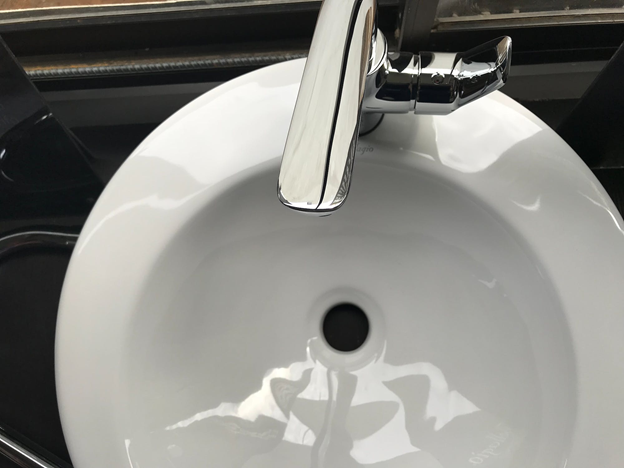
Aside from being an unpleasant chore, clogged drain repair can be a costly expense. The average cost for a professional to unclog drains is usually around $200 per hour, and many plumbing companies charge fees in addition to the billable time they spend on the job. This is why homeowners need to take steps to prevent their drains from becoming clogged. Here are some tips for keeping your drains safe and efficient:
1. Use Strainers In Your Kitchen & Bathtub Drains
One of the most common causes of clogged drains is built-up debris. Strainers are designed to catch food scraps, hair, and other items that can cause blockages in your pipes. Place strainers over each drain so you can easily remove any debris before it can build up.
2. Run Hot Water Down The Drain Regularly
Hot water helps break up any grease or oil stuck in your pipes. Try running hot water down the drains every few days to keep them clear of built-up residues.
3. Avoid Pouring Greasy Foods & Oils Down Drains
Grease and oil can solidify in your pipes, leading to blockages. Some residue can remain even if you run hot water after pouring these substances down the drain. To avoid clogs, try scraping plates and cookware into the garbage before rinsing them.
4. Don’t Flush Anything Besides Toilet Paper
Flushing items like baby wipes and feminine hygiene products can cause blockages. These items should be disposed of in the trash, not the toilet.
5. Clean Drains Regularly
Even if your drains run smoothly, it’s a good idea to clean them occasionally. Pour one cup of baking soda down each drain and let it sit for a few minutes. Then, pour one cup of white vinegar down each drain and let it bubble up for a few minutes. Finally, flush the drains with hot water to finish. This simple process can help break up any built-up residue in your pipes.
If you do end up with a clogged drain, there are still some steps you can take to fix the problem yourself. First, use a plunger or an auger (a tool designed specifically for unclogging drains) to loosen the blockage. If that doesn’t work, you may need to call a professional plumber for help. With some simple preventive steps and a bit of DIY know-how, you can keep your drains running smoothly and save yourself a lot of time and money in the process.
Talk to a professional plumber if you’d like to learn more about maintaining your drains. They can answer any questions and give you additional advice about keeping your drains safe and efficient for years to come. Call the pros today!

